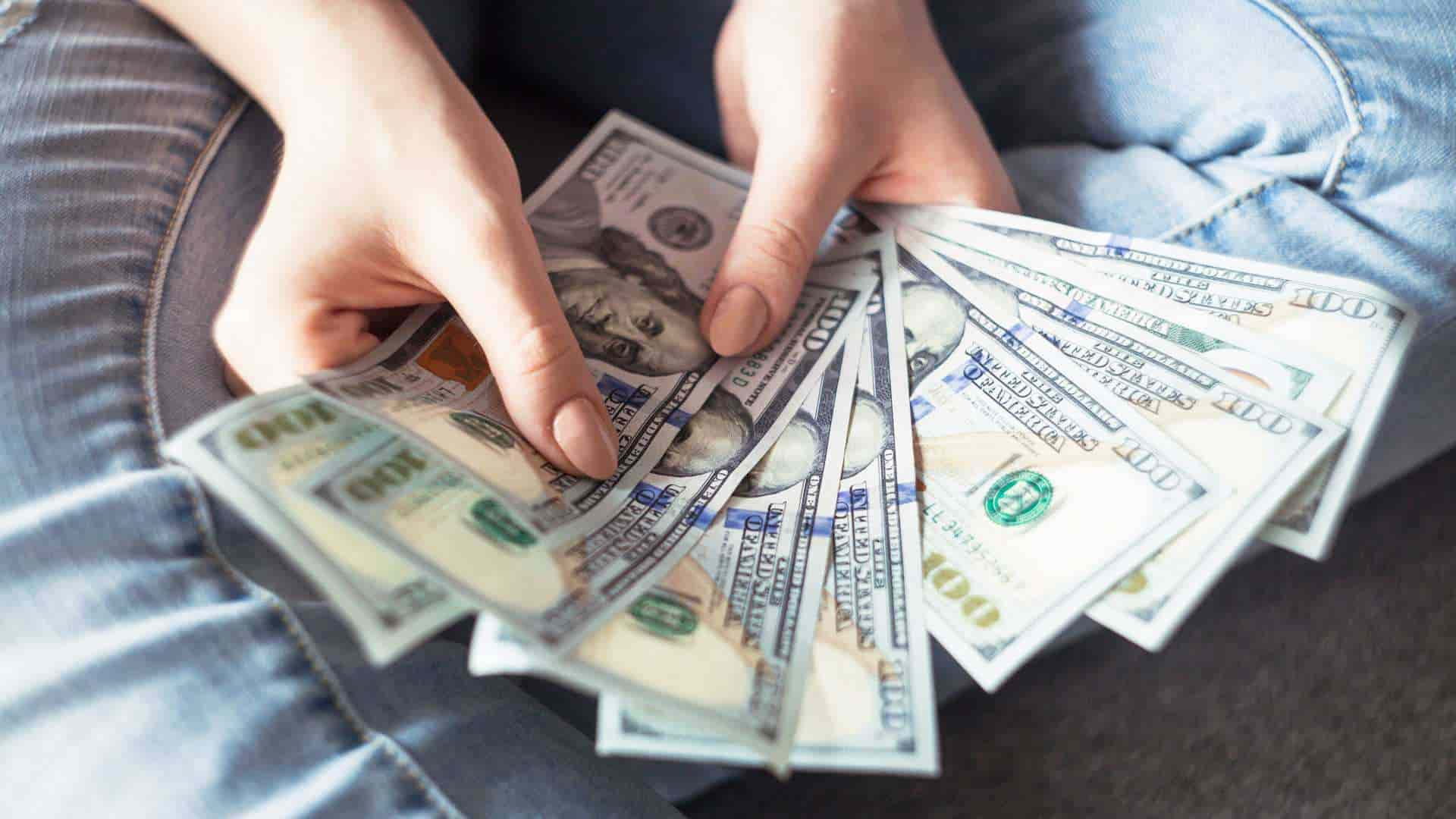If you are considering becoming a certified scuba diver, you probably know you will need to take a dive course, buy dive equipment and get diving insurance before you can jump into the water.
This all adds up and you are probably interested in the cost of scuba diving and whether it is expensive compared to other sports and hobbies.
Whether you are new to diving or are simply curious, in this article, we will look at:
- Is scuba diving expensive?
- How much does it cost to become a certified scuba diver?
- What do scuba divers spend their money on?
- How much does scuba diving cost?
- How can you save money when learning to dive?
Is Scuba Diving Expensive?
Scuba diving can be an expensive hobby that requires an investment in time and money. Getting your diving certification will cost around $400 – $1200, while a set of scuba diving gear will be anywhere between $700 – $2000. The average cost of a single-tank dive is between $40 – $150 but expect a lot more for liveaboard diving and travel expenses. However, the cost may vary depending on the kind of diving you want to do, where you dive, and which dive equipment you buy.
That said, expensive is relative to other sports out there, your budget, and how much it is worth to you. For example, you can start jogging for the cost of a pair of running shoes, while becoming a pilot will cost you $10-20,000 just for the license.
Let’s look at the financial aspects of scuba diving in-depth, how much it will truly cost to get your diving certification and how you can save some money on this journey.
How much does it cost to become a certified scuba diver?
It will cost you anywhere between $470 – $1,200 to become a certified scuba diver including your Open Water Diver course and one year of dive insurance. Be prepared to spend an extra $150 – $600 on a scuba mask, snorkel, fins, and boots, and maybe a try dive before.
Let’s begin with the cost to become a certified scuba diver, as this is usually what beginners are most interested in.
| Amount | Notes | |
|---|---|---|
| Discover dive* | $50-200 (€40-150) | Optional, but recommended if you haven’t dived before |
| Open Water Diver | $400-1000 (€350- 900) | Cost depends on agency, location & what’s included in the course |
| Mask* | $50-120 (€40-100) | Can be rented but highly recommended you buy this |
| Snorkel* | $15-40 (€10-30) | Often sold as sets with masks |
| Scuba fins* | $60-150(€45-120) | Open-heel fins recommended |
| Boots* | $40-90(€30-70) | Optional, but highly recommended for scuba diving |
| Dive insurance | $70-200 (€50-150) | Optional during the course, then annual cost |
| TOTAL *Optional or can be rented | $470-1800 |
Naturally, this varies depending on where you learn to dive, the service you get from the dive center, and the certifying agency.
Some diving schools may include the ABC set (mask, snorkel, fins) in the rental equipment for the course, but you may prefer to buy this yourself for convenience.
Scuba diving costs may vary
Diving courses in Asia, for example in Thailand, are usually much cheaper than in Western Europe, however, the downside may be that courses are often done with 4 or even more students at a time and you need to count in the money it takes to travel there.
In the USA and Australia, PADI courses are often much cheaper than SSI or even CMAS, while the opposite is true in countries like France, Germany, or South Africa.
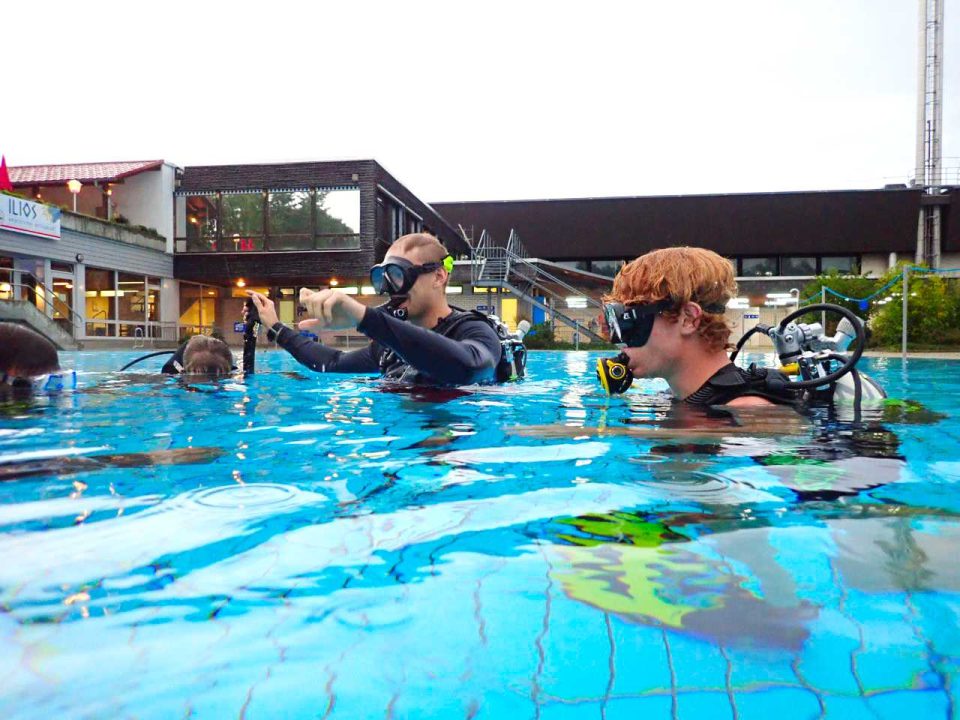
In addition, pay close attention to what’s included in your diving course. Some dive centers will charge extra for course materials like books or e-learning kits, while others don’t include rental equipment.
In my experience, in scuba diving (and any other sport) you get what you pay for. If a cheap course offer sounds too good to be true, it probably isn’t. After all, the dive center must make money, as well.
In scuba diving you get what you pay for.
Check out my guide on how to find the best dive school before you pick one.
Diving Schools vs Clubs
Instead of commercial diving schools, you may want to take the diving club approach to become a certified scuba diver. This often saves you significant amounts of money as many dive clubs charge a (low) membership fee rather than course fees.
While this may sound tempting to some, dive training in such clubs often follows a strict path that may take weeks or months before you get your certification.
How Much Does Scuba Diving Cost?
Now that we looked at the cost to become a certified Open Water Diver, let’s look at how much scuba divers spend on their hobby on average.
Here are the 10 things scuba divers spend their money on to carry out their hobby:
- Diving courses & training
- Diving gear
- Travel
- Dives
- Tank fillings
- Underwater photography equipment
- Equipment service & maintenance
- Dive insurance
- Logbook & other gadgets
- Other
Like with any sport, your expenses largely depend on how much time you spend doing it, and how much you want to invest in quality.
We will look at the annual cost of scuba diving for an average diver who only goes diving on a few occasions every year on vacation, and compare that to an avid diver who goes out at least once every few weeks.
Diving courses & training
While the Open Water Diver course is all you need to get started with diving, many divers eventually want to dive deeper and explore other areas underwater.
From advanced courses like the Advanced Open Water Diver course and specialty courses like the Nitrox certification to professional training like the Dive Leader, the options are near endless.
If you want inspiration here are the best specialty courses I recommend to every beginner scuba diver.
Some divers even go further to become technical or cave divers which require even more training and may cost thousands of dollars.
Diving gear
Diving gear includes the scuba diving equipment necessary to dive. It includes:
- Scuba mask & snorkel
- Fins
- Boots
- Dive computer
- Regulator
- BCD
- Exposure suit (wetsuit or drysuit)
- Weights
- Instruments
- Gadgets
You don’t need to buy all your diving gear right away and can get started by renting it! It is recommended to buy scuba mask, snorkel, and fins, as well as a dive computer at first.
Check out this beginner guide to buying dive equipment to see what I recommend and how much this will cost you.
Travel
Most divers love diving in warm, tropical waters and if you don’t happen to live in a country that offers this, you will need to travel.
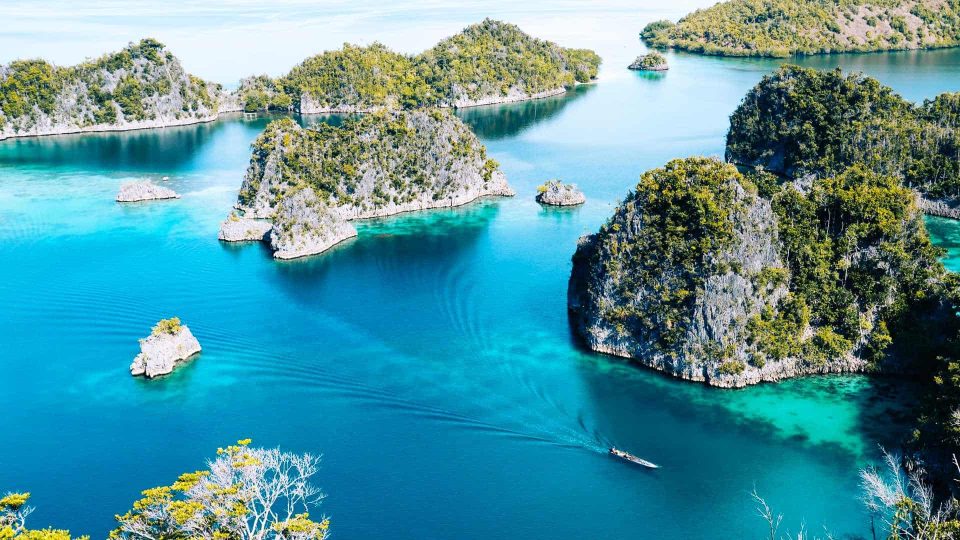
To be honest, I don’t count all travel expenses as directly diving-related, especially if you split your vacation into diving and other activities. This may include the cost of gas, plane tickets, or visa fees.
On the other hand, scuba diving resorts, liveaboard safaris, or diving excursions can add some substantial extra cost to your trip.
The average diver will take one true diving trip per year (meaning one trip aimed solely at going diving), whereas very active divers might take two or more of those.
Want us to help you find the perfect diving vacation?
Booking a dive trip can be a hassle but it doesn’t have to be. Let us do the work while you sit back and get excited for your upcoming diving adventure!
Dives
The average cost of a dive can be anywhere between $40-200. The more exotic a place and the more difficult it is to get there, the more expensive it will be.
A dive refers to a single-tank guided dive without rental equipment but including transportation and marine park fees.
It is usually more cost-efficient to buy packages of 5 or 10 dives or even opt for non-limit diving, which is often offered at house reefs of diving resorts.
Technical or cave dives may cost a lot more and are not included here.
Tank fillings
If you prefer diving on your own (but with a dive buddy) over guided dives with a dive center, you will incur tank filling costs. These are usually low and won’t exceed $10-15 (€7-12) for a single 12L tank.
However, if you want special gas mixtures like Nitrox or Trimix (Helium), be prepared to reach deep into your pockets…
Underwater photography equipment
Technically, this is part of the diving equipment, however, most divers would agree that it is a completely different world once you start getting into underwater photography.
Cameras, torches, lightning, lenses, housings, stabilizers, software…the list of things you need to buy is long.
Most average scuba divers get by just using their action camera, like the GoPro 10 to take underwater photos and videos.
The best introductory underwater camera for professional-style photos is the Olympus TG6 which is great for beginners and advanced divers alike.
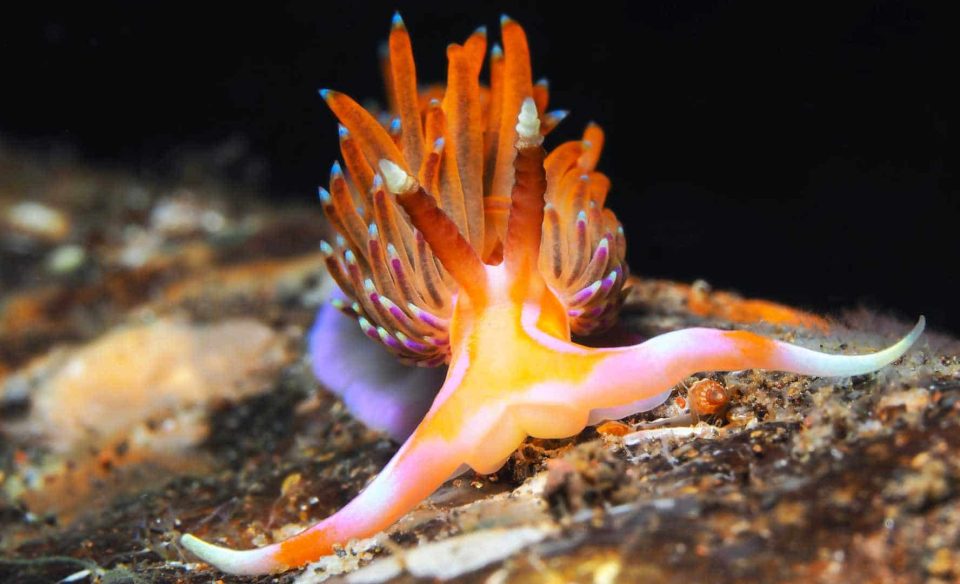
Equipment service & maintenance
If you have your own dive equipment, you will inevitably have to service or repair it eventually. While minor fixes on your wetsuit can be carried out by yourself with relative ease, your regulator requires professional maintenance every two years.
The cost depends on your equipment, how easy it is to find spare parts, and who does the servicing. On average, a regulator service will cost about $120-180 (€100-150) including materials.
Dive insurance
Dive insurance is super important and every diver needs one. You can get different ones, depending on your location and what kind of diving you plan to do.
Read my recommendations for the best dive insurance in 2025 before making your choice.
Logbook & other gadgets
Every diver should have a logbook, whether on paper or as an app. As such, it is not surprising that this makes this list of things divers spend money on. There is also a certain nostalgia connected with looking through old dives in your logbook.
In addition, this includes fun little gadgets, like octopus holders, equipment markers, and small things.
Other
Diving is a hobby, and as such, people like to buy diving-related things simply because they enjoy it. Diving books, t-shirts, mugs, but also convention tickets, and diving seminars are things, I have purchased countless times.
Don’t forget gifts for other divers either.
Scuba Diving Cost vs Other Sports
Scuba diving is not more expensive than other sports out there like skydiving, skiing, or golf, and it all depends on how much you spend on equipment, travel expenses, and further training.
All these sports roughly fall under the same price tag and all require you to invest time and money in your hobby.
Below, you find the detailed cost comparison between similar equipment-heavy sports like skydiving, yachting, or skiing. It includes the cost of getting started (usually through a beginner course), as well as following up on it and the price of a full equipment kit.
| Beginner Course / Start | Follow-Up | Full Kit (low range) | |
|---|---|---|---|
| Scuba diving | $600 | $15 – 200 per dive | $1000 / €900 |
| Skiing | $250 / €200 (3 days) + lift tickets ($25-70) | $50-150 per day | $1300 / €1100 |
| Skydiving | $1800 / €1500 | $30-50 per solo jump | $5000 / €4000 |
| Golf | $600 / €500 | $100 (per day incl. equipment) | $800 / €700 |
| Tennis | $400 / €300 | $50 / €40 | $500 / €400 |
Note, for better readability I took average prices for each sport instead of giving the full range like before.
How can you save money when scuba diving?
You can save money while scuba diving by taking quality dive training that doesn’t require additional courses, buying used diving gear, diving locally instead of traveling by plane, and planning your dive travel in advance.
The scuba diving experience itself is priceless. 
How to save money on dive training
It is important you take quality dive training with a good dive center (like us 
Sure, it might be more expensive at first, however, if you go cheap on your diving course, this will require further training later on which will cost more in the long run.
Buy the right diving gear
First off, consider if buying is necessary or if it makes more sense to rent your kit.
When buying dive equipment, use a trusted local dive store or online shop.
Check out these recommendations on where to buy scuba gear in 2025!
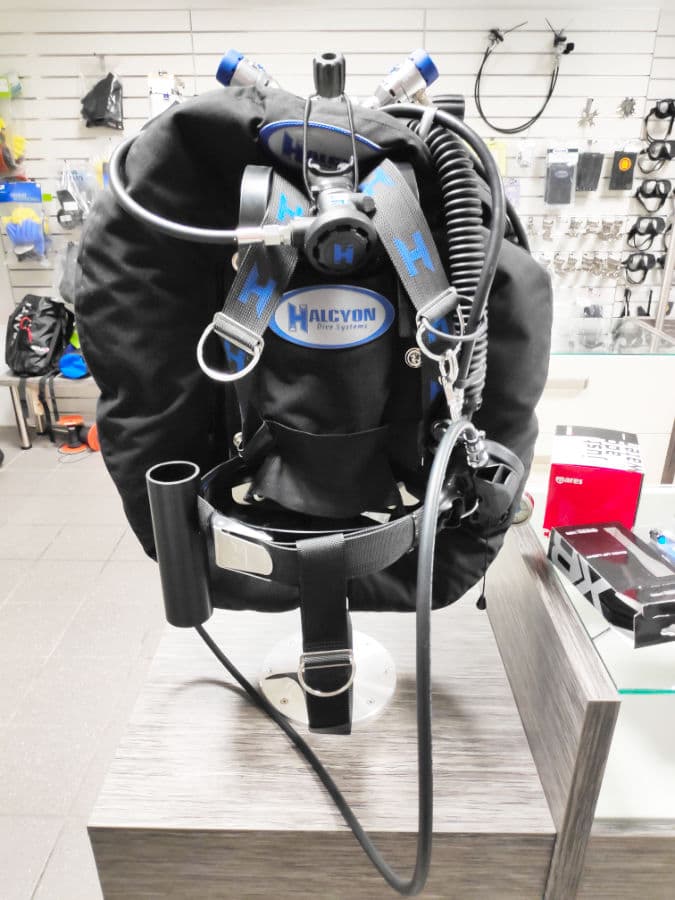
Consider buying used instead of new, if you want to save a little money here. BCDs and fins, for example, are great when bought second-hand, while regulators are better bought new.
Plan your dive travel well
We all love to travel and want to explore the world. However, you can save a lot of money by carefully planning your trips in advance.
Check if you can get early bird (or last-minute) offers on plane tickets, special offers on a liveaboard, and buy your dives in packages rather than one by one.
If you want help with this, let me do your dive travel planning for you!
Dive locally
It doesn’t always have to be the Maldives or Raja Ampat. Diving locally, wherever you are, is a great way to enjoy your hobby and save money.
Find a dive buddy, get your tanks filled up, and dive in your local lakes, rivers, quarries, or beaches!
Conclusion
In this article, we answered the question of whether scuba diving is expensive or not and how much it really costs to scuba dive.
To recap, scuba diving is not a cheap hobby and you will need to spend a good amount on training and equipment alone. It also has ongoing costs, like maintenance, tank fillings, and cost per dive.
However, besides the question of how expensive is scuba diving, ask yourself, how much is it worth to you? Exploring the underwater world, experiencing sea creatures up close, and floating weightlessly like an astronaut.
What’s your opinion? Is scuba diving expensive overall or do you think the cost is adequate?
Let me know what you think in the comments.
Join the email list to get regular diving tips, tricks, insights, and news straight to your inbox!
Always dive with friends and happy bubbles.
Cheers
Julius
